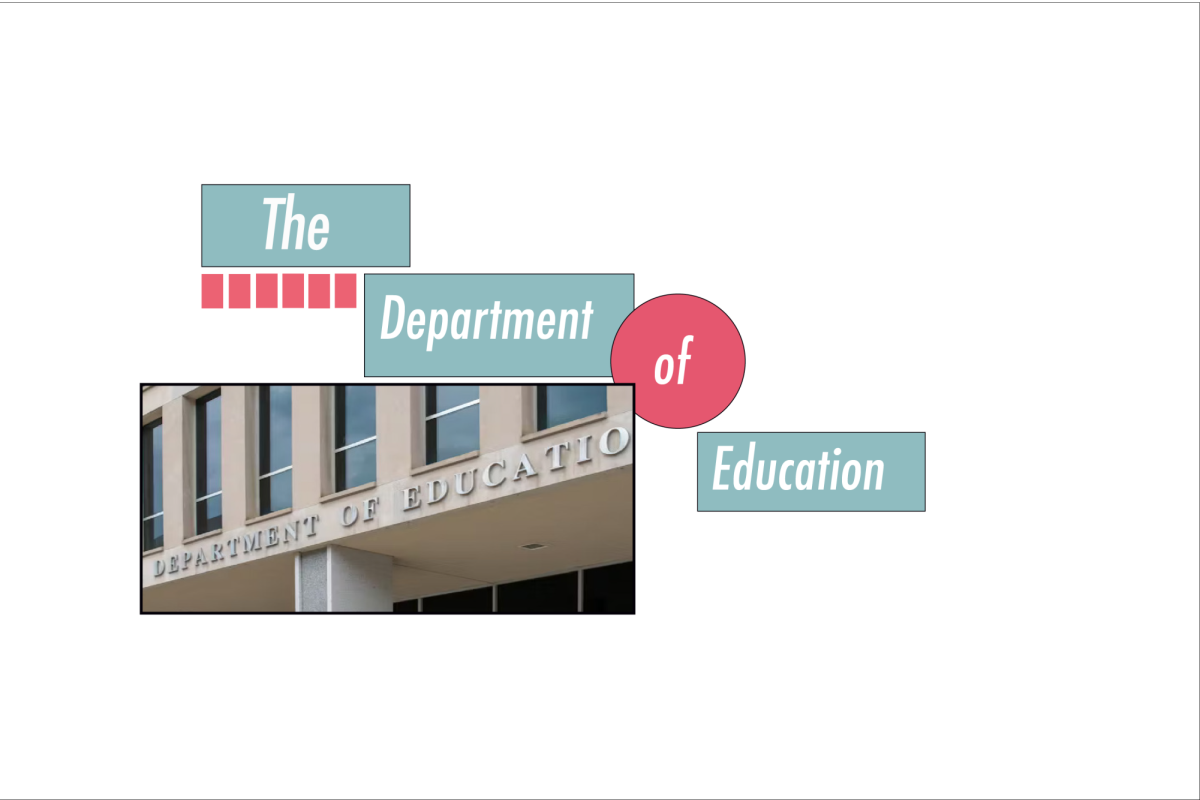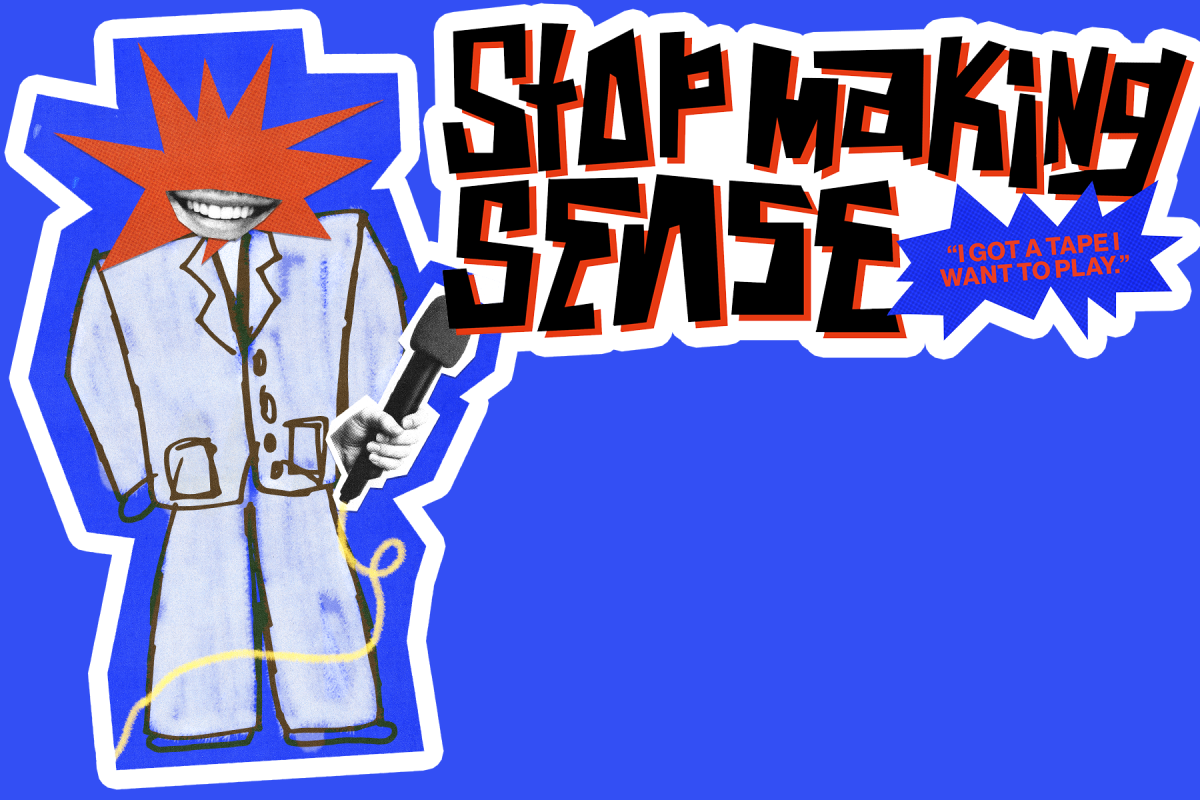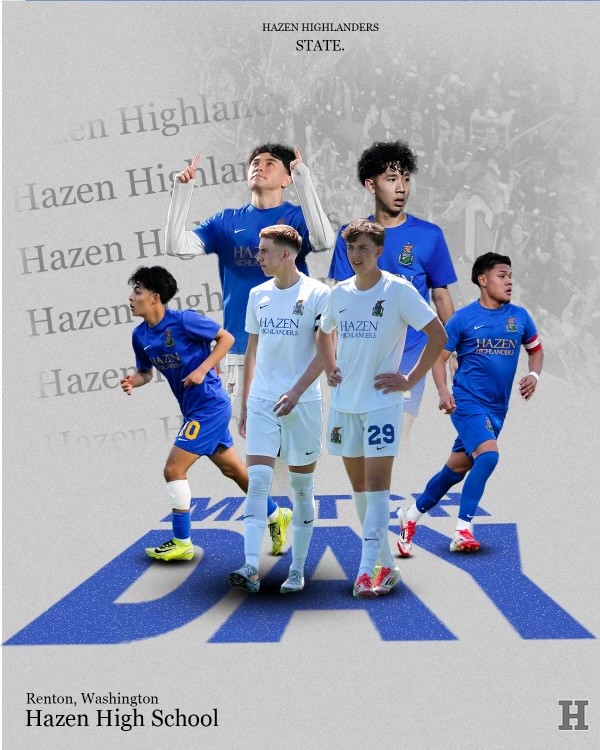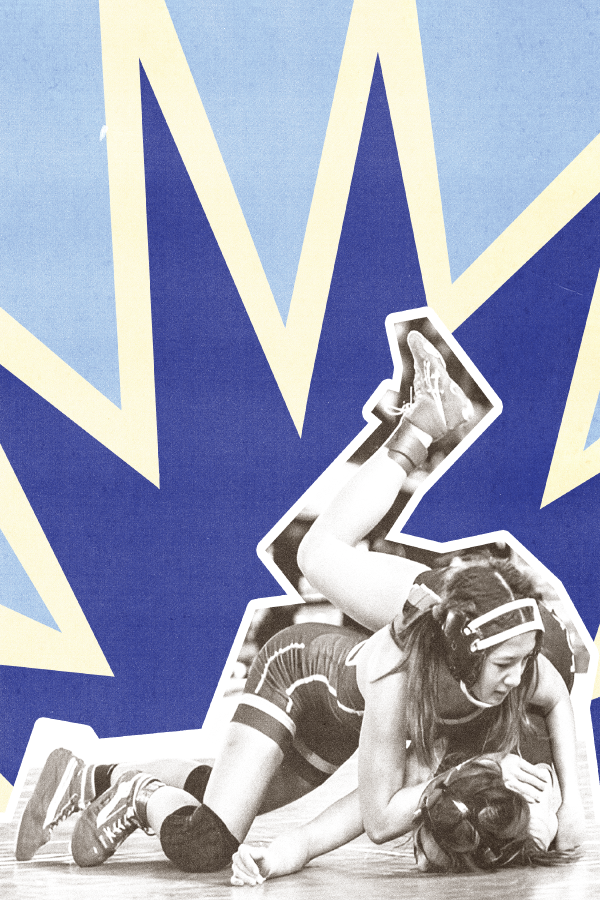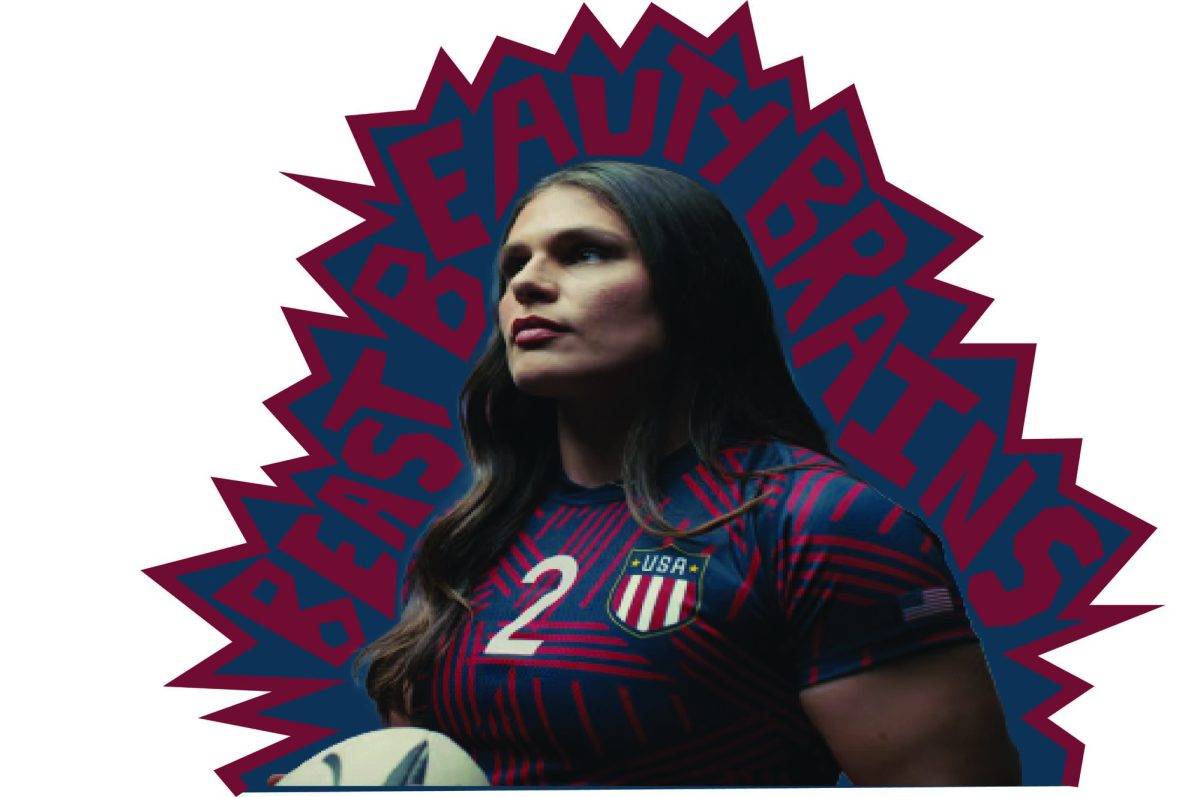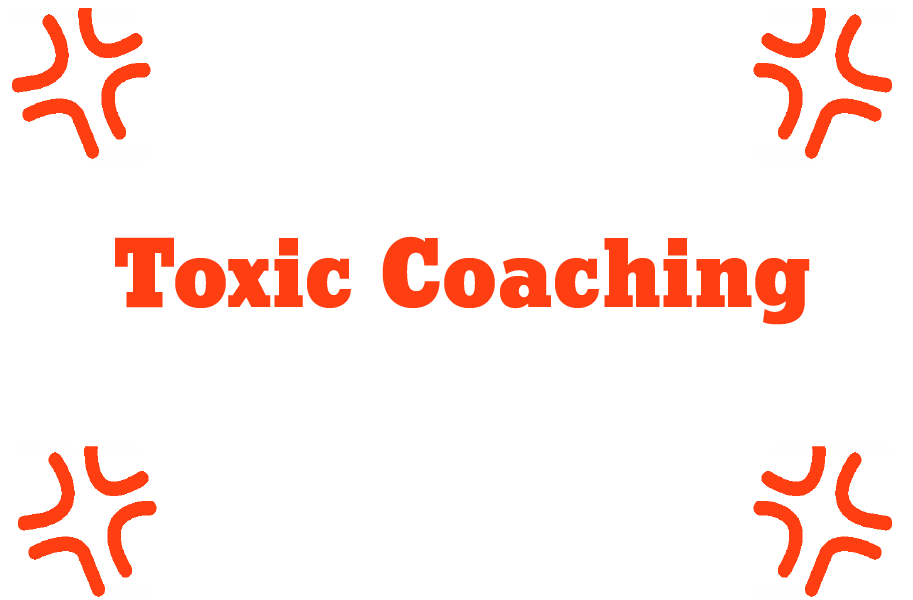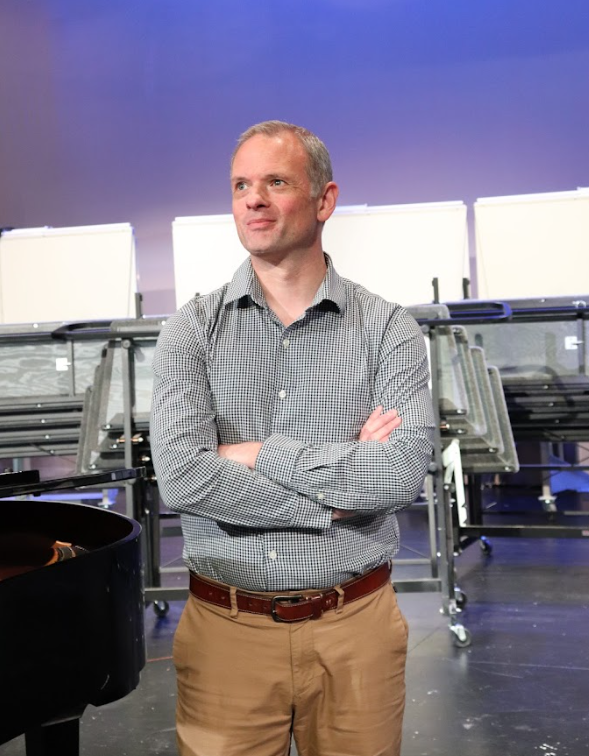If you were to ask me when I was thirteen if I wanted to quit my sport, I would have told you yes, that I was 100% certain I never wanted to play soccer again. If you had asked me a couple of years earlier if I enjoyed playing, I would have told you that while I did, I still hated some things.
How could someone so young grow such resentment for something? Well, resentment grew inside of me because of the coaches I worked with. Their overall behavior toward the team, toward me, and my performance made thirteen-year-old me spend every day I had practice wishing I could be anywhere but on the field with my cleats laced up and ready to run.
Toxic coaching has existed in sports for a while. It is not a new issue, even if this might be the first time you are hearing about it at a large level of severity. The issue of toxic coaches is simply a problem not talked about enough.
Through high school and college, a surprisingly large number of players, at some point, will face toxic behavior from a coach. This toxic behavior, or toxic coaching, is characterized by favoritism, unrealistic expectations, abusive language or comments, and any form of neglect of an athlete’s mental and physical well-being.
The National Alliance for Youth Sports shares that “70% of young athletes quit organized sports by age 13, with many citing negative coaching experiences as a primary reason.” Journal of Sports Behavior, an online journal focused on publishing “original, empirical, investigative, and theoretical papers dealing with the students of behavior in the areas of game and sport,” did a study focusing on toxic coaching faced by high school athletes.
The study found that nearly 60% of high school athletes reported having experienced some form of verbal abuse from their coaches. Normally, those percentages are positive. A college with a 70% acceptance rate is a good thing because it means you have a chance. If you get around 60% on most College Board AP exams, you would have earned a 4. If you were able to get a 70%, you would earn a 5. But these percentages are not a reflection of greatness, achievement, or hard work. Instead, they show us how flawed our athletic programs have become.
Walking along the corridors of our schools are student athletes who face the decision of which comes first. Student or athlete? Any coach, teacher, guardian, or authority figure will tell you that being a student is someone’s top priority. That, of course, is why there are rules that bench a player if they do not meet a set academic standard. But those same coaches who preach about being a student and maintaining those high quality standards, are the same people who lash out unfairly at an athlete, just because they decided to put school first.
I have had to decide before; do I go to practice and stay up past 1:00 am to finish my homework and study, or do I skip out on practice so that I am not mentally and physically exhausted? Inevitably, I choose school. Then that same night, word gets back to me about my coach indirectly referencing my lack of attendance.
New York University found that 45% of student athletes quit due to the psychological burnout they face. Along with that, the National Athletic Trainer’s Association discovered that compared to their non-athlete peers, student athletes often report a much higher level of psychological and mental stress. A coach’s goal is to lead and support the athlete, helping them become the best version of themselves. But student athletes still find a large lack of support and understanding when they do decide to put being a student first, subsequently feeling guilty about choosing themselves, and facing more psychological stress and damage.
Throughout all the tears, burn-out, breakdowns, and decisions, athletes continue to remain silent. Because if they choose to speak up, who will listen? Every sports program and athletic department attempts to pride itself on the support it offers its athletes. Most have an “open door” policy, always saying that they are available to talk about concerns or issues within their program. But when word gets back to the coaching staff that an athlete did speak up, fear follows for the athlete.
Amelia Cline, a former Canadian gymnast, spoke out about how “for almost a decade, the fear of retribution has prevented [her] and the scores of other athletes from speaking out” (CBC).
However, when an athlete decides to speak up and share their story, some institutions choose to turn a blind eye or offer bare minimum solutions. After consistent reports of an unhealthy and unsafe environment from athletes at Syracuse College in New York, the college hired a singular therapist for over 700 athletes. In one instance, an athlete talked about how they were not given a therapist, but instead a “PhD student who was too busy with her schedule to make time for team sessions.”
Athletic departments have consistently overlooked the importance of a coach in an athlete’s life. Instead of making meaningful, structural changes that help grow and better a team’s dynamic, they assume that the athletes simply dislike the coaches’ “tough love.” There comes a point though, when it no longer becomes tough love.
According to the National Collegiate Athletic Association (NCAA), “approximately 30% of student athletes struggle with mental health… [and] those mental challenges can often begin before an athlete reaches college.” The NIH also reports that “nearly 60% of all high school students experienced a moderate to an extreme level of stress due to their sport”
When the comments become unnecessary, when the verbal yelling becomes too aggressive and constant, and when the use of conditioning is punishment for a personal situation with an athlete, you pass the line of “tough love”.
I should not have to face snide, immature, and passive-aggressive comments from my coaches, simply because I chose what was best for me. My friend should not receive the cold-shoulder from her coach, since she decided to sit out at practice to prevent worsening her injury. No athlete should have to fear or dread practice because of the favoritism, comments, or looks they might face from their coach.
Coaches are given one main job, not to win state, but to help the athletes grow. They are trusted with the job of supporting the athletes, and shaping them into independent and confident people. Yet there are still numerous athletes leaving practice in tears, and having to sacrifice their mental and physical well-being all for a sport. How can we as athletes, be expected to feel supported by our coaches, when a majority of us at some point are placed into an unstable and unhealthy environment, fostered by our coaches?






